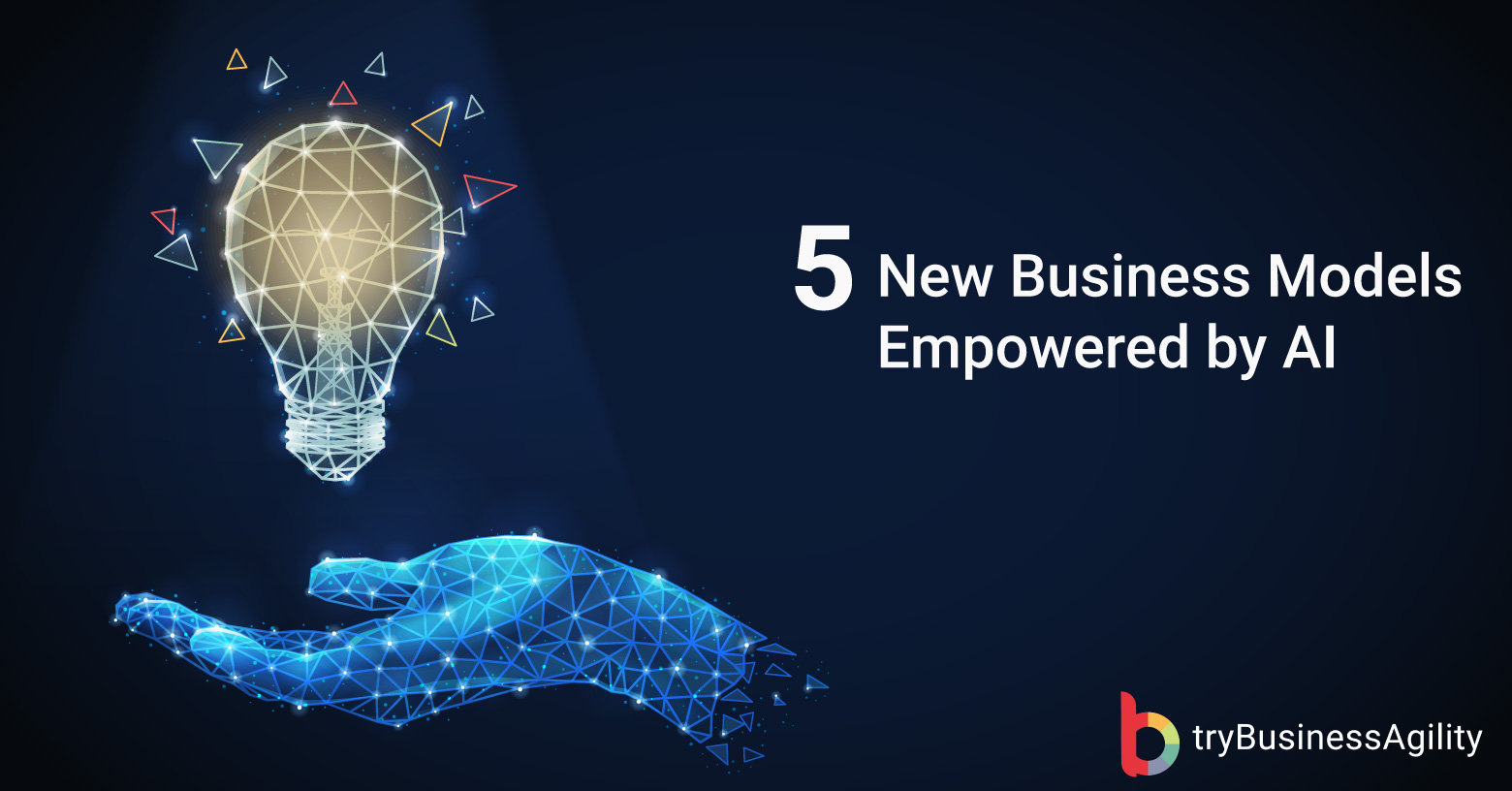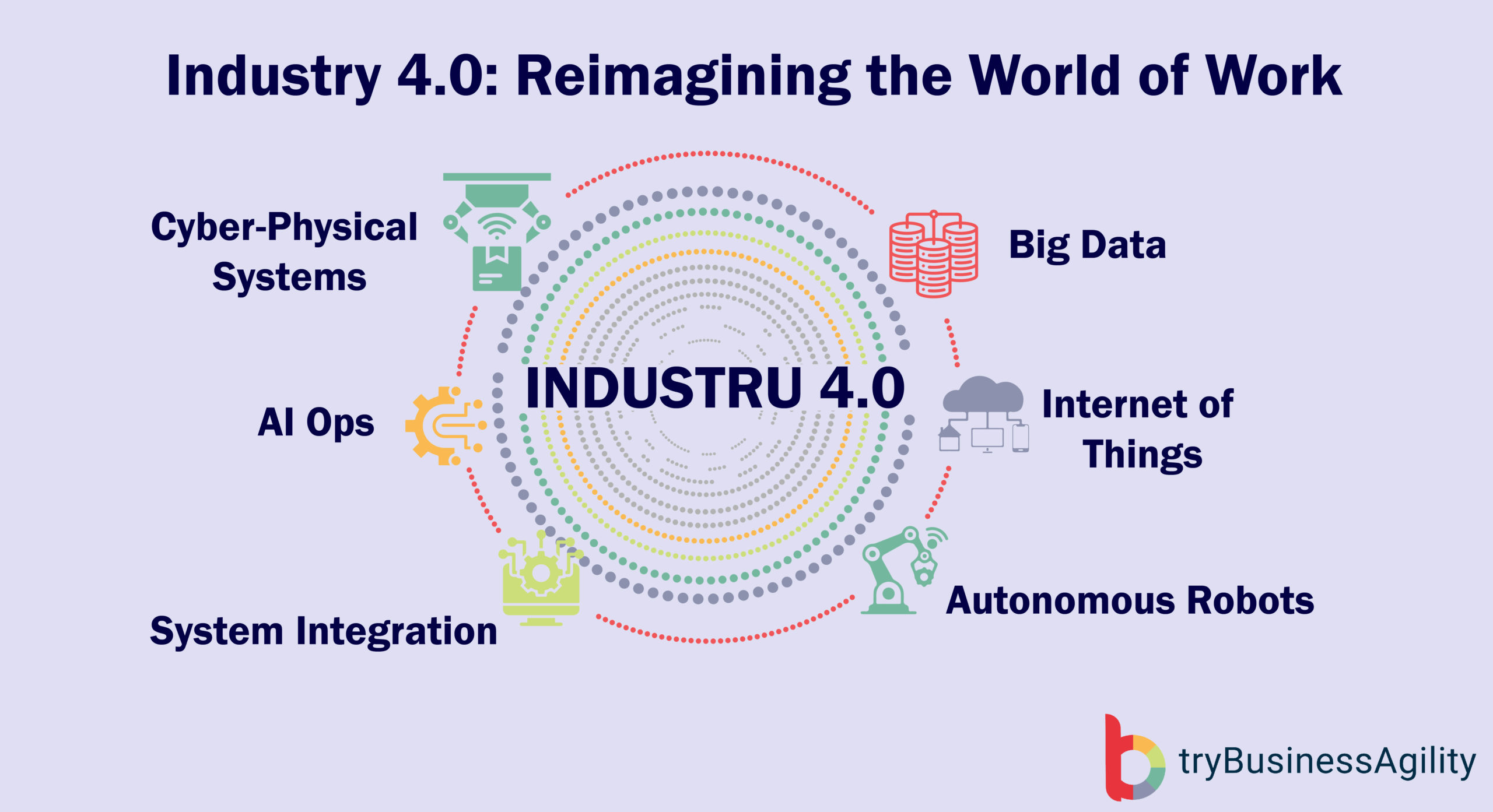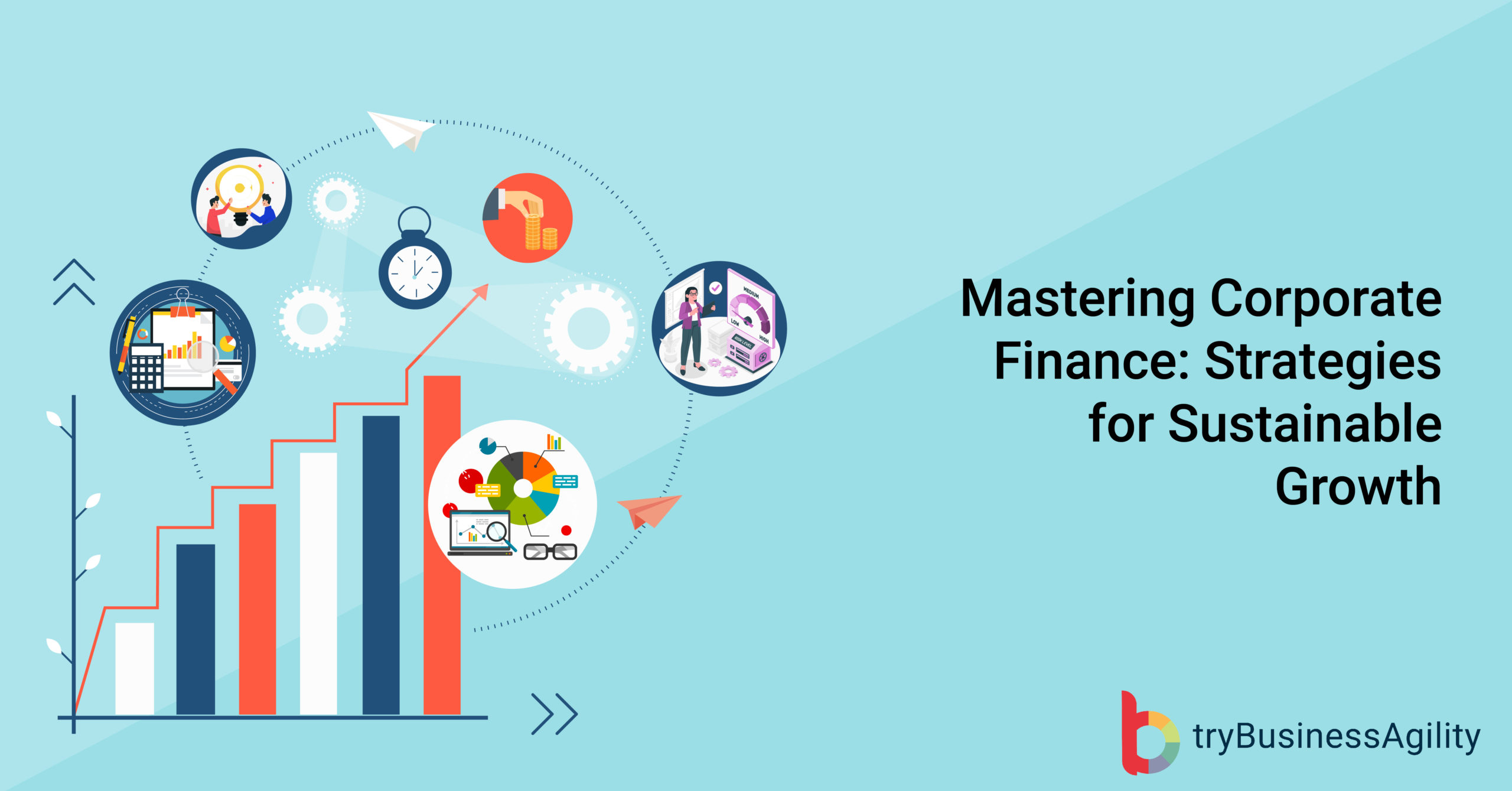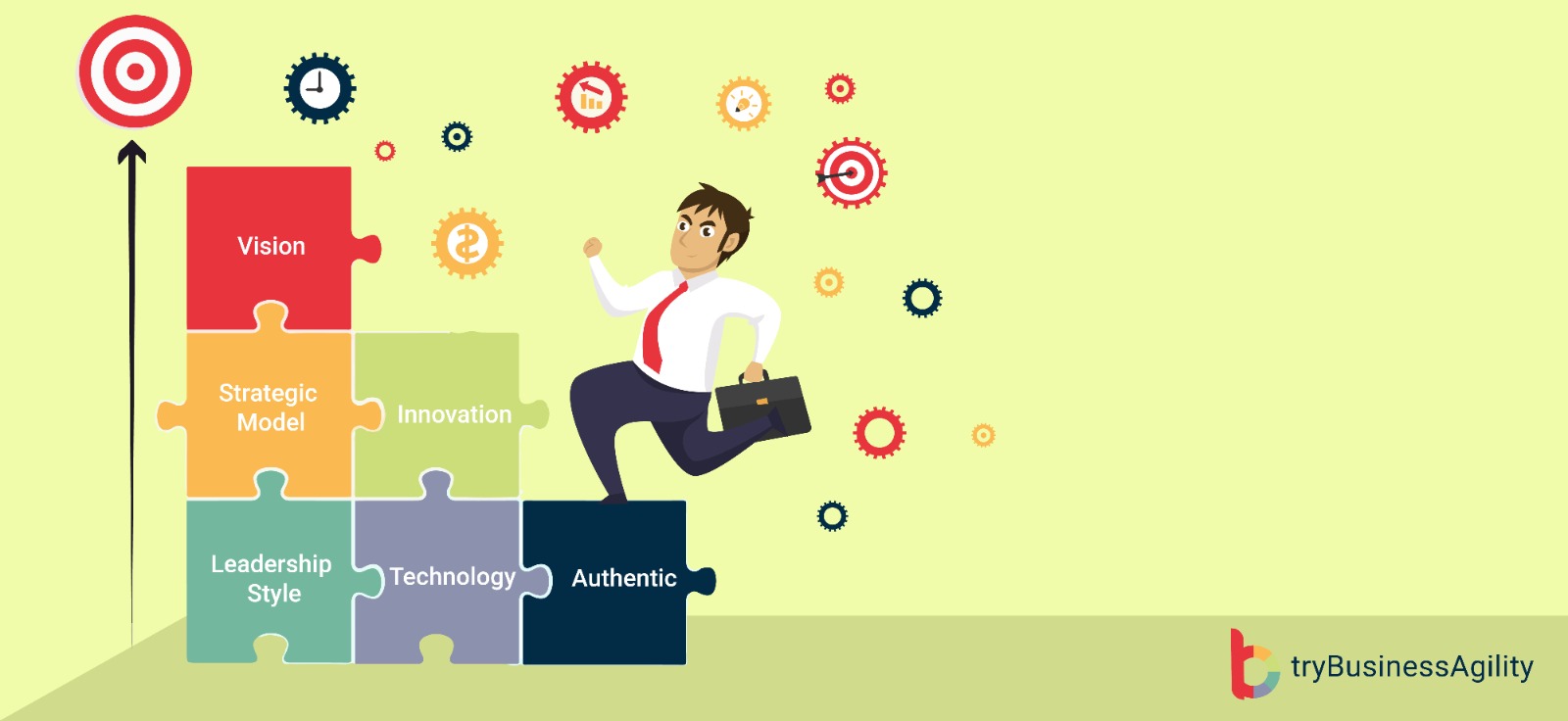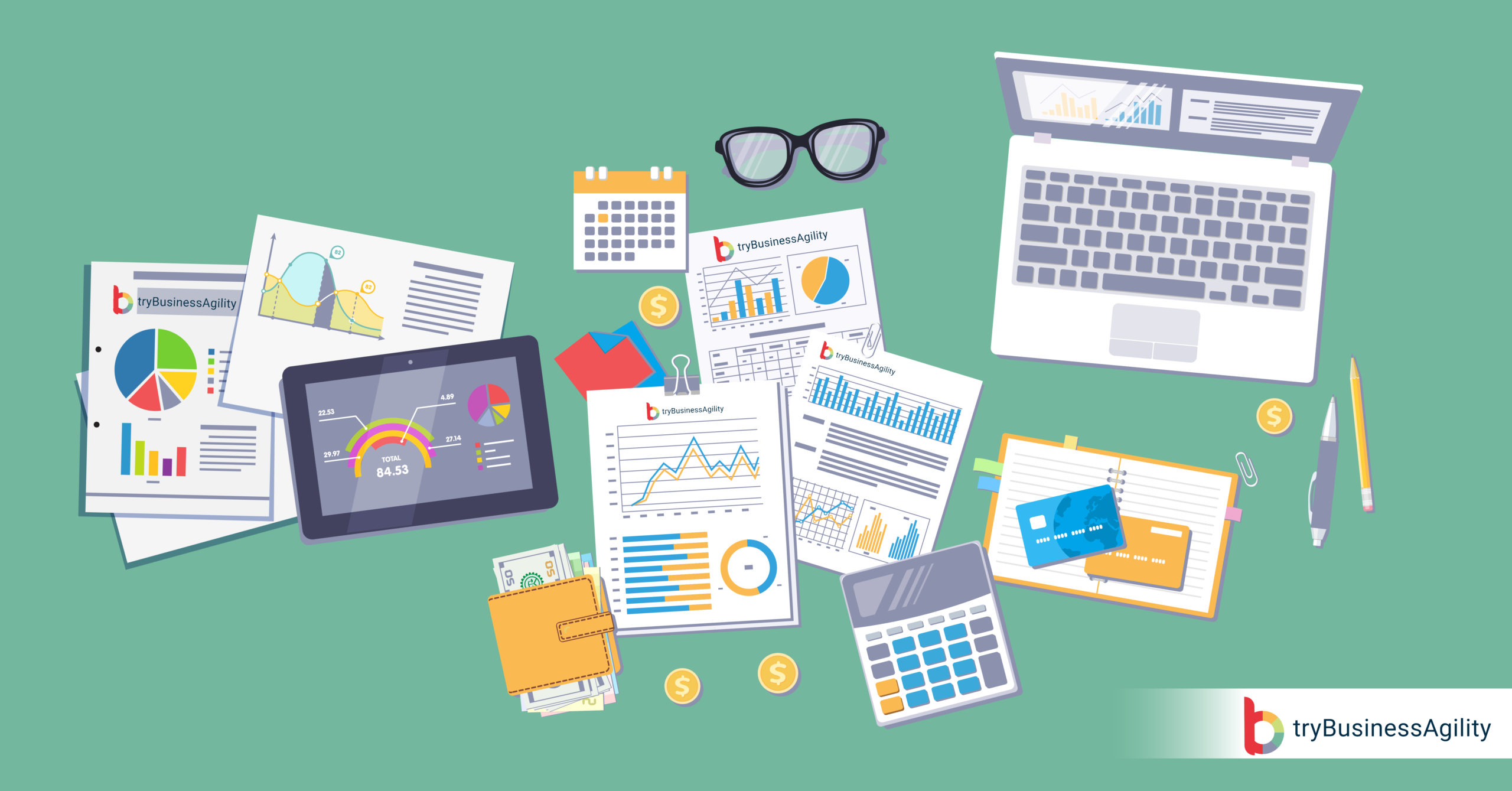As we step into the era of Industry 5.0, the impact of artificial intelligence (AI) on industries and businesses is undeniable. AI is not just reshaping business models; it’s reshaping lives. From enhancing how customers experience products and services to streamlining operations behind the scenes, AI is at the forefront of innovation across various sectors. In this blog post, we aim to explore five emerging business models empowered by AI, backed by evidence and promising future trends.
1. AI as a Service (AIaaS)
We must have heard of Software as a Service (SaaS), and Platform as a Service(PaaS). Our studies reveal that AI as a Service is changing the game for businesses by allowing them to leverage AI capabilities without investments in infrastructure or expertise. Companies can now access AI tools and algorithms that seamlessly incorporate AI functionalities into their products or processes through cloud-based platforms.
Our study revealed that Google Clouds AI Platform offers various AI services encompassing machine learning models, data analytics, and natural language processing tools. The Sweden-based Spotify utilizes these services to enhance recommendation systems and personalize user experiences.
With the advancements in AIaaS, we anticipate increased adoption of AI solutions across industries among small and medium enterprises (SMEs) seeking to tap into the power of AI without significant upfront expenses.
2. Predictive Analytics and Personalization
Companies are now using AI-driven analytics to understand customer behavior optimize marketing strategies and provide personalized experiences on a scale. By analyzing amounts of data in time, businesses can customize their offerings to match individual preferences, resulting in increased customer satisfaction and loyalty.
For instance, Take Amazon’s recommendation system as an illustration. It employs AI algorithms to examine users’ browsing and purchase history. Then, it suggests product recommendations based on that information. This high level of personalization has played a role, in Amazon’s success by boosting sales and engaging customers.
With the advancement of AI algorithms, we can anticipate an increase in hyper-personalization across industries such, as healthcare and e-commerce. This trend is likely to lead to conversion rates and improved customer retention.
3. Autonomous Systems and Robotics
AI-powered autonomous systems are revolutionizing industries by automating tasks, enhancing efficiency and lowering costs. From self-driving cars to process automation (RPA), AI-driven automation reshapes workflows. Redefining the future of work.
Tesla Autopilot feature is an example of how AI algorithms combined with sensors enable autonomous driving. This showcases the potential for AI to transform transportation and logistics.
In the coming years, we can anticipate a rise in the use of systems in manufacturing, healthcare, and supply chain management as AI algorithms advance. This adoption will drive increased productivity and innovation across these industries.
4. AI-Driven Content Creation and Curation
One exciting development is the emergence of AI-driven content creation and curation tools. These tools revolutionize how businesses generate and distribute content, including articles, videos, and social media posts. By analyzing trends and user preferences, AI algorithms can create engaging content tailored to audiences. This streamlines the content creation process.
One excellent example I could think of is Grammarly, which uses AI algorithms to assist users in writing concise and error-free content. The AI-driven writing assistant suggests improving grammar, style, and tone. This enhances the quality of written communication.
We can expect AI to play a significant role in content creation and curation. This will enable businesses to produce high-quality content while strengthening their brand identity and engagement with their audience.
5. AI-powered Healthcare Solutions
One of the fascinating industries that will evolve in this future where AI is making an impact is healthcare solutions. It offers tools for diagnostics, treatment optimization, and patient care. From analytics for disease prevention to AI-driven surgery, these technologies are improving outcomes and transforming the patient experience.IBM’s Watson Health utilizes intelligence to analyze information and offer insights for making clinical decisions. Its oncology platform assists healthcare professionals in creating treatment plans for cancer patients based on analysis and clinical data.
With the advancements in AI, we can anticipate a wider adoption of AI-powered healthcare solutions, leading to enhanced accuracy in diagnosis, personalized treatment choices, and improved patient outcomes.
To sum up, our studies revealed AI is fueling the emergence of new business models across industries ranging from AI as a Service to autonomous systems and AI-driven content creation. Companies that embrace this will have discovered new business models in their respective domains to unlock opportunities for innovation, efficiency, and growth in the evolving digital economy. As AI progresses, businesses need to stay adaptable and agile to harness its potential and maintain competitiveness in the future.
References
- Google Cloud. (n.d.). AI Platform. Retrieved from https://cloud.google.com/ai-platform
- Amazon. (n.d.). Personalize. Retrieved from https://aws.amazon.com/personalize/
- Tesla. (n.d.). Autopilot. Retrieved from https://www.tesla.com/autopilot
- Grammarly. (n.d.). About Us. Retrieved from https://www.grammarly.com/about
- IBM Watson Health. (n.d.). Watson Health Oncology. Retrieved from https://www.ibm.com/watson-health/oncology
tryBusinessAgility, a flagship of tryScrum. Our mission is to discover, preserve and distribute knowledge and capabilities to enable the next generation of organisations to be capable and resilient.
Contact
Plot : 2, F1 - Studio, Nest Gaura, Sundaram Colony, Chennai - 600073
support@trybusinessagility.com
+91 9789490848
© 2025 Copyright trybusinessagility.com All Rights Reserved.



